FASCIST MUSIC
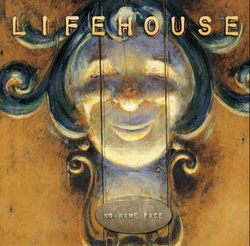 If you want a fascist record, it helps to start with a fascist title. The faceless boys from Lifehouse (where are they from? Do you have any idea? L.A.) could hardly do better than "No Name Face." The music itself is dead-ass rock, otherwise known as "butt rock." Distorted guitars playing lead over a gloomy bed of crunchy acoustic and electric guitars, with a gutteral vocal buried deep in the mix. You know the type: Goo Goo Dolls, Fuel, Creed. The post-grunge rejection of personality. All duly fascist. What makes No Name Face particularly interesting as a fascist artifact is its timing. This album, released in May 2000, bridged the gap between an era in which rock was the dominant form of music (albeit in depleted form, with Matchbox 20, Vertical Horizon, and Creed leading the way) to an era in which rock was unquestionably dead. No Name Face and its single "Hanging by a Moment" owned 2001, with "Hanging by a Moment" Billboard's top single of the year. When No Name Face exited the charts in September 2001, the world was different. J.Lo, Alicia Keys, and Destiny's Child ruled music. R & B would eventually pass the torch, but never again to rock. Exactly one band had a #1 Billboard Hot 100 hit after Lifehouse, and that was Nickelback. Lifehouse presided over rock's funeral. "Rocket 88" to "Hanging by a Moment," 1951 to 2001, R.I.P. Did Lifehouse kill rock? Probably. "Hanging by a Moment" was ubiquitous in 2001, and not in the good way. Some of the pop sheen that Third Eye Blind and Matchbox 20 had introduced into rock in the late 1990s had by then become rote formula, and Lifehouse bludgeoned that formula to death. Quiet verses, big chorus, universal lyrics, strings, and even a beat drop. And a sad Vedder vocal ripoff to boot. As "Hanging by a Moment" got its millionth spin on FM radio, the world woke up from its 50-year love affair with rock and said, "This just isn't working." Nickelback was the spasm that the world curb-stomped to make sure rock never came back, but Lifehouse was the death star that did it in. The greatest musical invention of all time, the language of freedom, the symbol of rebellion, the vehicle for Dylan's poetry, the actual vehicle for Springsteen, a genre so big to include Chuck Berry, Led Zeppelin, U2, and Bowie... killed by Lifehouse. I don't care if they're nice lads; they'll always be assholes for what they did to rock. You can't get more fascist than killing the people's music.
0 Comments
David Bowie's death in January triggered many deserved tributes. He was the greatest rock star ever.
But during the 1990s (technically 1987 to 2003), he released an amazingly long and unbroken string of terrible fascist albums. It would take a perverse revisionist* -- and there were plenty in the weeks after his death -- to deny how far he fell during these years. The Cliff's Notes Bowie is this: He came on the scene in the late 1960s as a psychedelic folkie, then hit his creative stride in the early 1970s as the glam Ziggy Stardust. He soon turned to "plastic soul," the Thin White Duke persona, and mountains of cocaine. Clean by 1977, he headed to Berlin to release a trio of artsy, acclaimed albums. Then he wanted to get popular again and released a big, ominous, arena-rock album (Scary Monsters... and Super Freaks) and two popular dance-rock albums (Let's Dance and Tonight). After these commercial successes, Bowie was at a crossroads. He chose fascism.
After so many embarrassments, it was time for Bowie to finally give up, which he did. But in a happy coda, 10 years later, he released two pretty good albums, 2013's The Next Day and 2016's Blackstar. His output from 1969 to 1983 had already ensured his legacy, but these two showed he was at least capable of humor, drama, and striving -- antidotes to fascism all -- and willing to share his gifts in his waning years. *One revisionist, Jason Hartley, came up with the Advanced Genius Theory to address work exactly like Bowie's 1990s output. Per Hartley's theory, since Bowie is an acknowledged genius, it's natural that the genius present in his work would eventually exceed his audience's ability to appreciate it. The "problem," then, lies with us, not Bowie.
It's a story as old as artistic integrity: Indie rocker hits it big doing it his way and thinks he has the right to jag into something darker, label demands a more radio-friendly sound, artist balks but ultimately caves. Ryan Adams's third and Dave Matthews Band's fourth records fit the bill exactly. Adams crooned rainy-day intimacy on Heartbreaker and made a game but slightly lackluster swipe at superstardom with Gold. With Under the Table and Dreaming, Crash, and Before These Crowded Streets, DMB proved that a fervent fanbase, grassroots marketing, and great songs could overcome a lack of a genre or homerun singles. Both hit the studio in the early 2000s ready for a deep dive inward. In fact, both recorded an album's worth of despondent, spare, and uneven songs. Their respective labels were unimpressed and gently demanded that they start over: more guitars, more hooks, better work. Adams and DMB both complied. A few key differences emerge at this point, however. Adams was petulant and enraged. He thought his initial set of mopey songs, which would later be released as Love as Hell, was genius, and scoffed at his label's demand for a more rock sound. As a middle finger to his label (which, ironically, was the artist-friendly Lost Highway), he wrote and recorded a deliberately souped-up, meaningless album. Highlights (or lowlights) included a U2 parody, replete with glistening Edge-like guitar arpeggios and mock-profound lyrics ("So Alive," released as the first single); a song that sounds like an outtake from 1974 ("1974"), half an album's worth of post-grunge filler ("Burning Photographs" and "Luminol," to name two), and a song with the following lyrics: "I'm as lonely as boys / I'm as lonely as boys / I'm as lonely as monkeys taught to destroy / Anything they learn to enjoy" ("Boys"). The label released it, critics reacted with confusion or outright anger, and Adams disowned it. Ryan Adams and Dave Matthews are completely different characters, of course, and Dave's reaction matches his more earnest personality. He was just as upset as his label was that the dark, sleepy set his band recorded with producer Steve Lillywhite didn't work. So he barreled through a marathon writing and recording session with the help of pop svengali Glen Ballard, coming up with heavy, hooky songs just like Adams did. Matthews, however, wasn't joking. His band's Everyday record was just as slick, greasy, and empty as Rock N Roll, but DMB proclaimed it their best work. They cheerfully slogged through embarrassing music videos and awkwardly tried to slip dumb, offensive trifles like "I Did It" into concerts alongside their challenging and emotional repertoire. Only after fans had discarded Everyday in favor of the Lillywhite sessions did the band sheepishly and belatedly semi-disown the record. 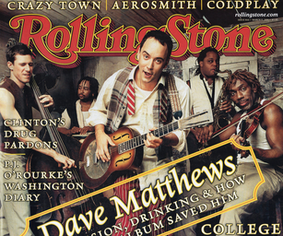 Which is the more fascist effort? Adams consciously endeavored to create a fascist artifact of "label rock," and he certainly succeeded. But you could certainly make the argument that his record, while fascist on his face, was an arch anti-fascist commentary. Everyday doesn't get to hide within the safe cocoon of snideness; the label said jump, and Dave said how high. When you think of the way DMB repurposed the tropes of their old, organic work -- the crunchy Rolling Stone cover, the crowd-chant of "Everyday" -- you're left with the inescapable sense of dread that characterizes all the best fascist music. So while Rock N Roll hits more fascist notes in the absence of context, when you do consider context, as you must, Everyday is the more fascist record. Full disclosure: Rock N Roll is one of my favorite records by any artist ever. I like Everyday a lot, too.
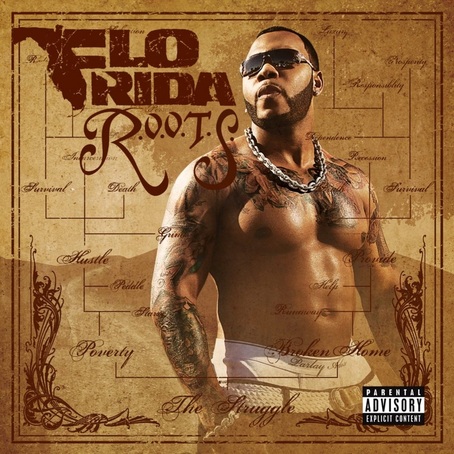 Certainly, this record label's overproduced, sweet-and-salty blend of pop and rap, ostensibly fronted by a largely anonymous man called "Flo Rida," is unit-moving Big Music of fascist character. But what really fascinated me was the album title: "R.O.O.T.S.: Route of Overcoming the Struggle." Generally, and especially if you want to harken back to Alex Haley's book and "We Shall Overcome" (i.e., black Americans' struggle for civil rights), struggles are efforts toward some goal. But here, mind-bogglingly, the struggle is the thing to be overcome! It could have been "Route of Overcoming Through Struggle," which would have made more sense as a civil rights-y title. But I think Flo Rida's handlers made a conscious choice to suggest that Flo Rida was not interested in overcoming hardship through struggle; rather, their front man wanted to avoid struggle altogether. Once you have overcome struggle, what's left? Endless dancing, champagne, big DMC chains, and tighty-whiteys on blast. To advocate this vacuousness in lieu of a meaningful life, and to twist civil rights language to push this poison, is fascist. Keep the masses brainless and entertained. Flo Rida is a master of it. A counterargument might be that "The Struggle" is defined in the bizarre family tree on the album cover, and as thus defined, the term is indeed something to be overcome. But ordinary definitions matter, and when they match the civil rights references slathered all over, it's more of a "struggle" to ignore them in favor of the nonsensical diagram superimposed upon Flo Rida's gleaming torso that says the three paths from "Provide" are "Death," "Recession," and "Survival." |
What is fascist music?In Dave Marsh's 1979 review of Queen's Jazz, he wrote, "Indeed, Queen may be the first truly fascist rock band." No other word so neatly expresses supremacy of the powerful and devaluation of the individual. Archives
August 2022
Categories
All
|
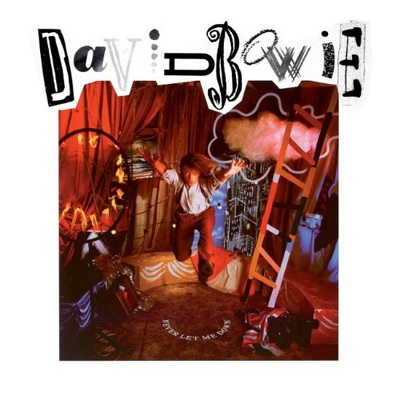
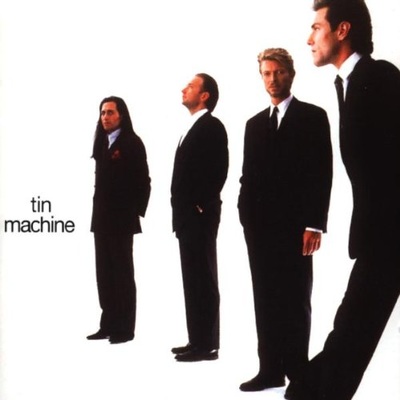
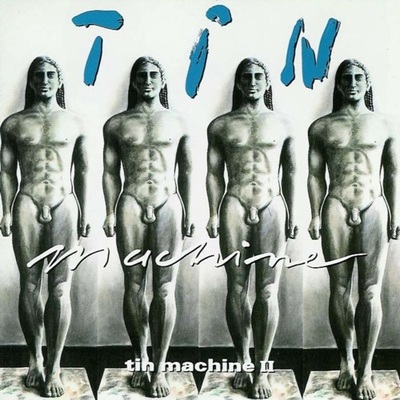
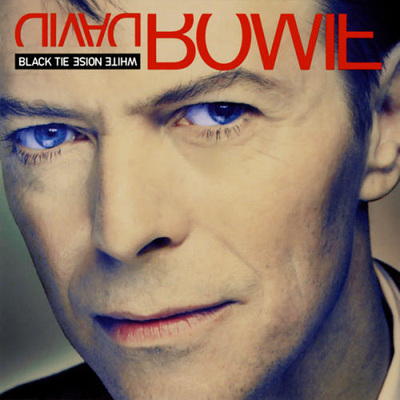
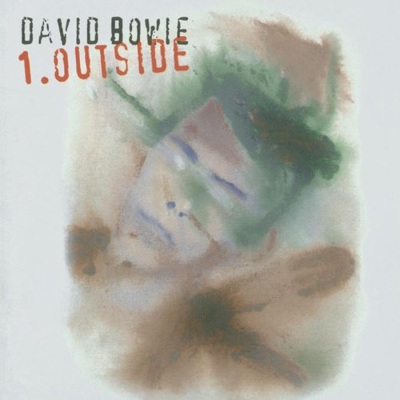
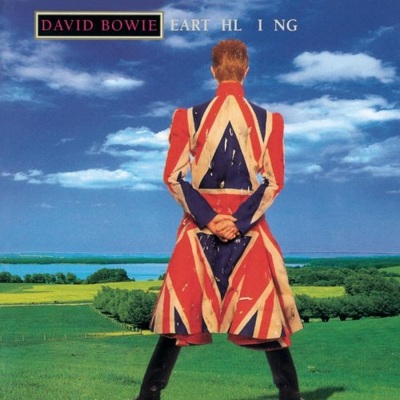
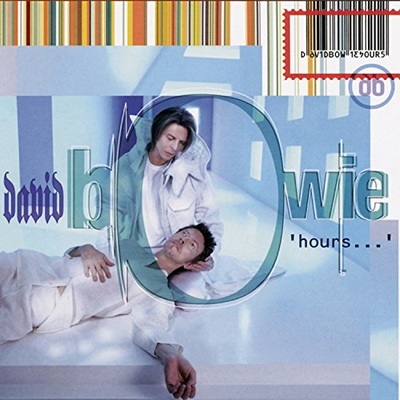
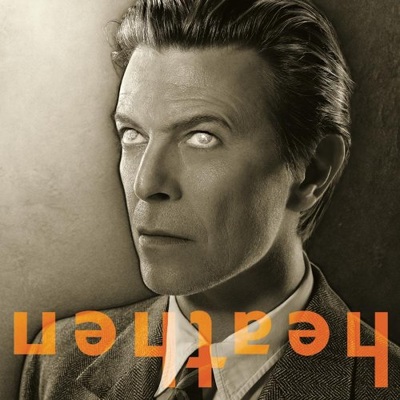
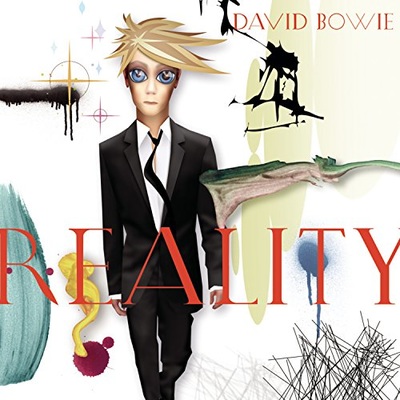
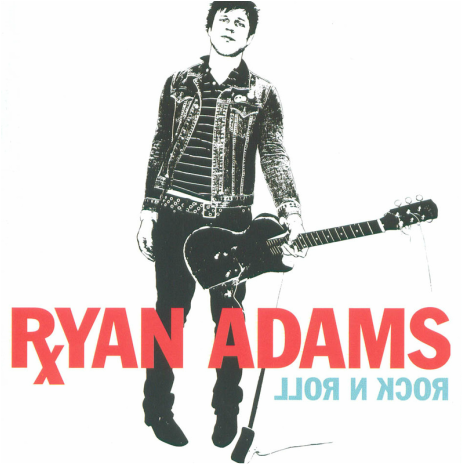
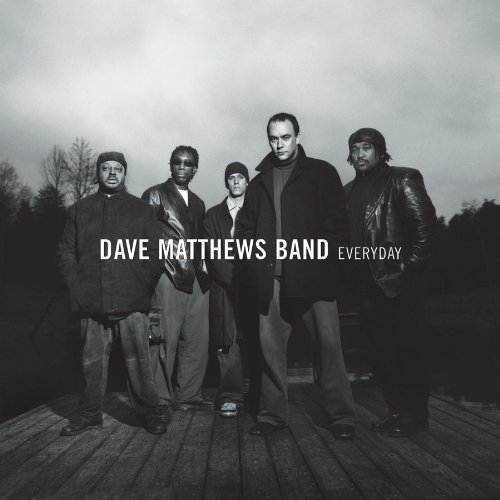

 RSS Feed
RSS Feed
